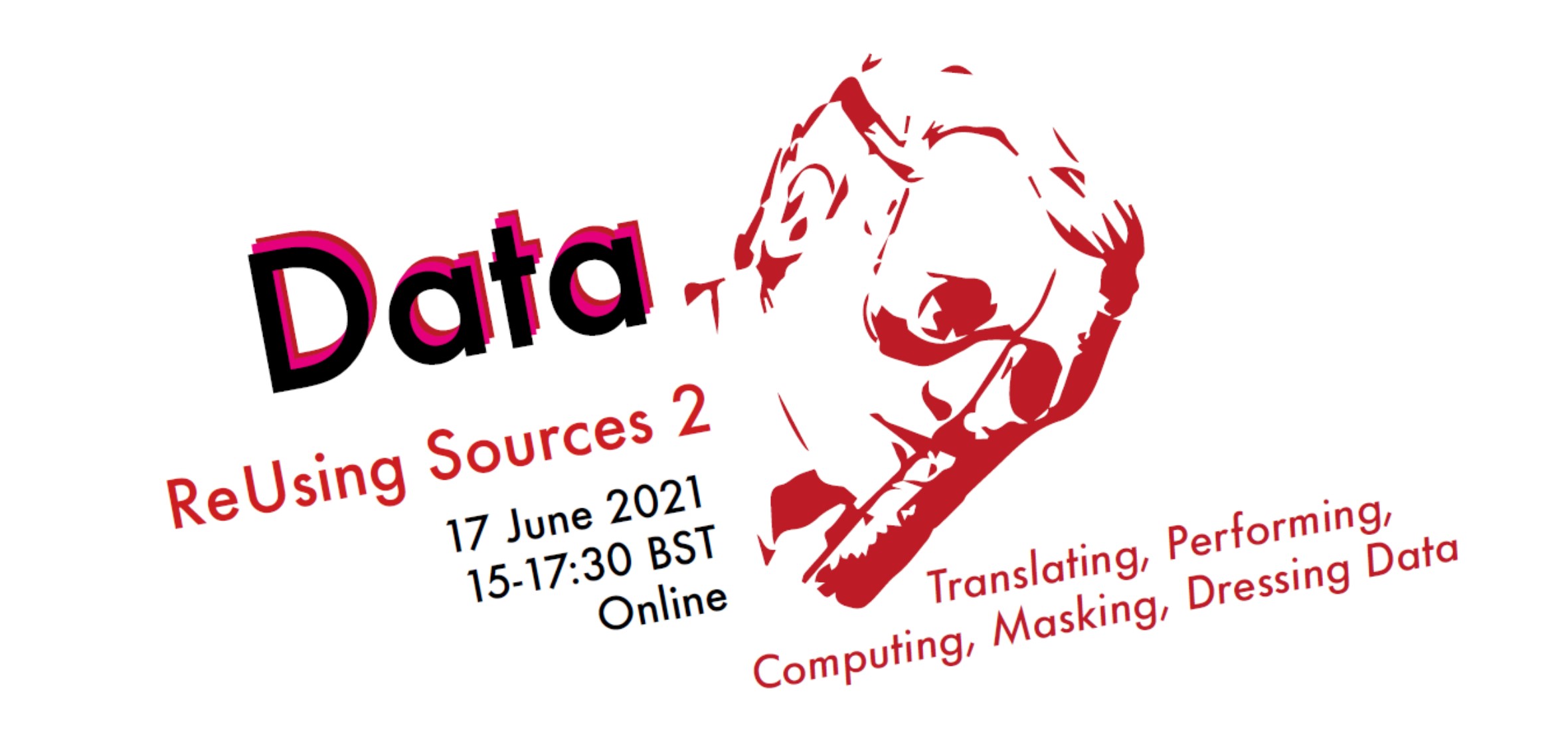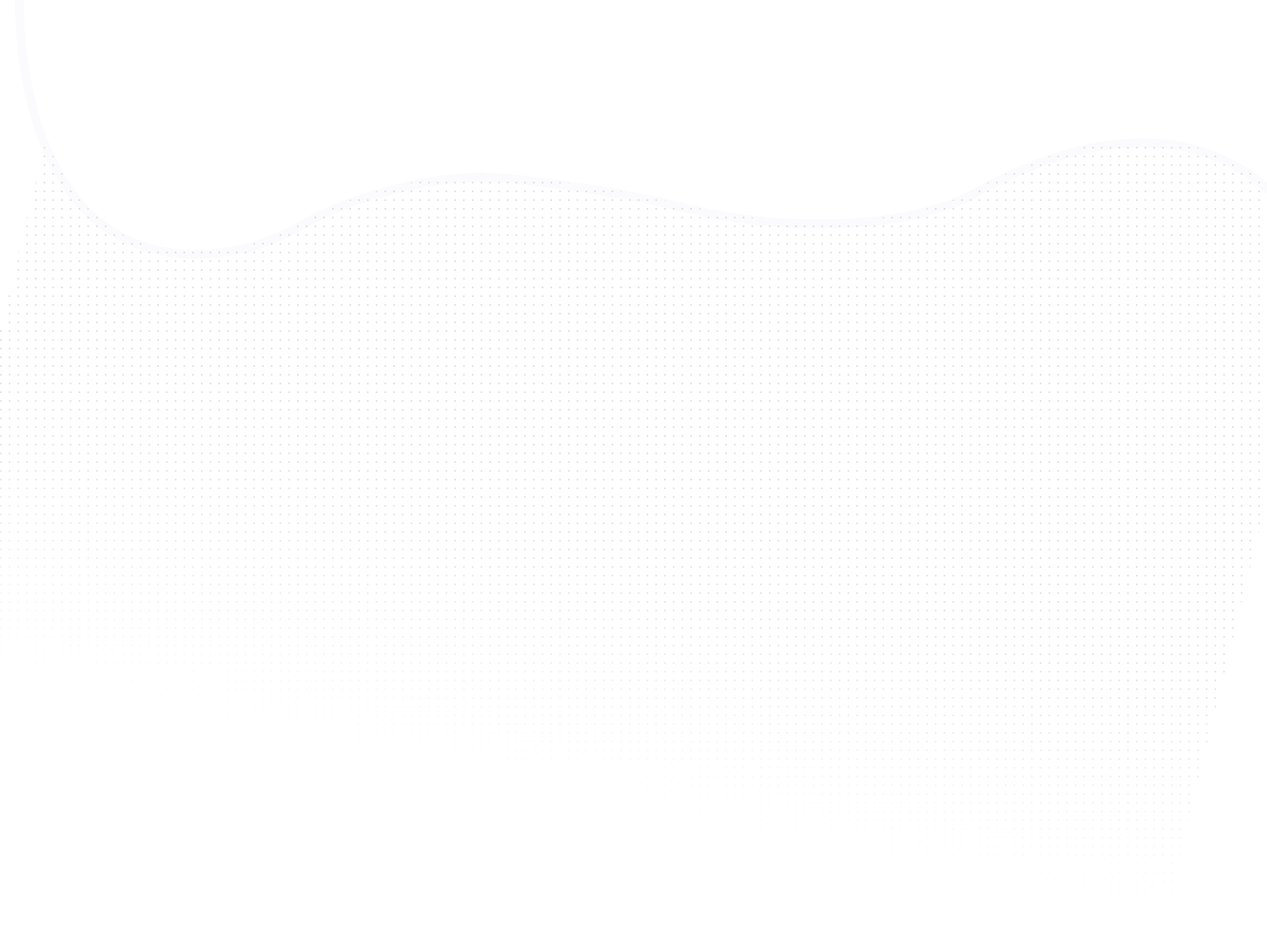
ReUsing Sources 2 – Data: Translating, Performing, Computing, Masking, Dressing Data.
Participating stakeholders:
external: Goldsmiths, University of London; TIB Hannover; Archives Portal Europe, Malmö University; Linnaeus University; Royal College of Music, London; Birkbeck, University of London; (plus other institutional representatives who have chosen to remain anonymous in project outputs).
internal: Coventry University, Mattering Press, Open Humanities Press.
➡️🔍🖺 Documentation available here: Data Books & Data Bodies: Performing Archival Data differently
Overview:
ReUsing Sources is a mini-workshop series hosted by the Community-Led Open Publishing Infrastructures for Monographs Project (COPIM). COPIM is a 3-year project funded by Research England and Arcadia developing components to support open access books, including infrastructures, business models, governance procedures, preservation structures, and outreach programs.
Beyond developing infrastructures for books, COPIM also investigates how digital tools and unrestricted licences may change book formats, bookmaking, and how books can be used and reused. Academic publications tend to maintain a strict distinction between texts and source data or resources. Strictly formalised referencing practices, among other factors, have helped to establish and sustain academic conventions and hierarchical relations: for example, the unity of (human/ist) author and (original) work, and the idea of a text or publication as secluded and static. Digital tools in concert with less restrictive copyright practices, piracy, machine reading, and experimental and interventionist approaches to handling data.
Hyperlinks, for example, make connections between text, images, sounds, and videos instantaneously. At the same time, semantic applications have the potential to establish direct links between ideas and data that would no longer reside in specific media, publications, or documents. Increasingly publications exist in many different physical and digital versions at once. The automatic generation of (print) PDFs from HTML source texts, for example, renders the distinction between website and publications, and final versions and texts in progress moot. More dramatically, digital search engines index, order and value the complete digitised archive, establishing machine-generated relationships between texts and sources that are no longer directly accessible for humans.
Machines have become avid readers, and machines become writers, too, computing textual networks. One implication is that the distinction between qualitative and quantitative data, or human-readable texts and numeric data, is becoming blurred. How does this shifting constellation between - among other - texts, versions, formats, technologies, practices, human and non-human labour influence the relationships emerging from and around the collaborative engagement with sources and the (co-)creation of data? And how might these changing relationships influence, for example, writing and archival practices and the understanding of data itself? These and other questions we are interested in approaching through this workshop mini-series.
Workshop aims:
The experimental publishing group at COPIM explores – through several collaborative book projects – how the relationship between sources and books is shifting. Based on this ongoing work, the two ReUsing Sources workshops invite a broader group of scholars, makers and publishers who have or are looking to develop a practice of engaging with texts and data beyond prevalent conventions and technologically mediated forms of citation and quotation.
For the second workshop, ReUsing Sources 2: Data, we are working with the Politics of Patents (POP) team. POP investigates 200 years of global clothing patents to investigate shifting materialisation of body, citizenship, inventiveness and gender. In the associated Computing the Archive pilot book project we ask how books can perform the archive differently. The intention is to discuss how archival data might be performed differently. This question speaks not only to researchers and artists who work with large archival data sets, but it also speaks more broadly to how artists and scholars might engage datasets in a way that renders them open to investigation, creative critique and invention. The concrete collective engagement as well as discussions among the participants evolve through a tentative prototyping process: Prototyping is both understood as a research methodology – to critically engage with and question normalised ways of relating with and around data – and as a prefigurative practice – to imagine possible alternative procedures. The workshop participants engage with mask patents from the POP archive stemming from different centuries. They do so, through creative material interventions and re-performed, translated, or reanimated them in reference to contemporary and future personal, economic, or socio-political conditions
The workshop series is hosted by Rebekka Kiesewetter (Coventry University), and Julien McHardy (Mattering Press), Janneke Adema and Gary Hall (Open Humanities Press) from the COPIM experimental publishing group, with Kat Jungnickel and Ellen Fowles from the POP project, and Gabriela Méndez Cota (Universidad Iberoamericana Ciudad de México) from the Combinatorial Books: Gathering Flowers pilot project.
Header image by Julien McHardy, CC BY 4.0
